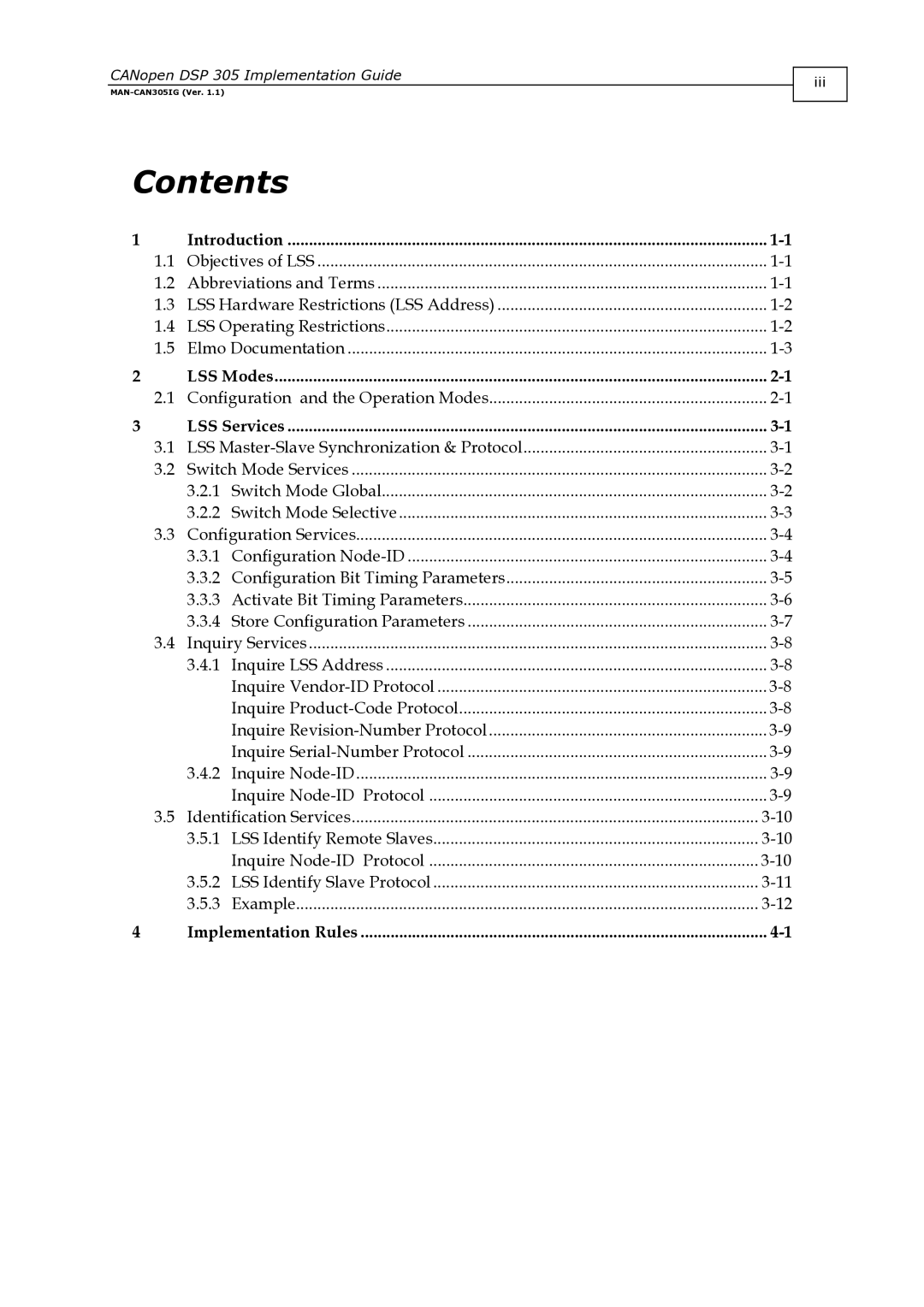DSP 305 specifications
The Elmo DSP 305 is a state-of-the-art digital signal processor designed for various applications, ranging from audio processing to advanced communication systems. This versatile device is well-known for its powerful performance, compact size, and robust features, making it an essential tool for engineers and developers in the field of signal processing.One of the standout features of the Elmo DSP 305 is its high processing power. Equipped with a multi-core architecture, it can handle complex algorithms and computations efficiently, enabling real-time processing capabilities. This is particularly beneficial for applications that require immediate response times, such as live audio effects or communication systems that necessitate low latency.
The DSP 305 supports multiple audio and data formats, allowing for seamless integration into various systems. Its compatibility with industry-standard protocols, like AES/EBU and S/PDIF, ensures that it can interface effortlessly with other audio devices. Additionally, the processor is designed to support both stereo and multichannel audio processing, making it ideal for professional sound engineers and producers.
Another notable characteristic of the Elmo DSP 305 is its advanced features in digital filtering. It offers a broad range of filter types, including FIR and IIR filters, that can be configured for specific applications. This level of customization allows for precise manipulation of audio signals, catering to different production needs. Furthermore, the DSP incorporates state-of-the-art equalization capabilities, enabling users to fine-tune sound profiles with ease.
The device also boasts a user-friendly interface, which is crucial for rapid development and programming. It includes a comprehensive software development kit (SDK) that provides extensive libraries, tools, and documentation, making it accessible even for those who are new to DSP programming. This open architecture promotes creativity, allowing developers to create innovative applications without being restricted by the hardware capabilities.
On the technological front, the Elmo DSP 305 leverages advanced power management techniques, ensuring energy efficiency which is vital for mobile and remote applications. This ensures longer operational times without compromising on performance.
In summary, the Elmo DSP 305 stands out as a powerful, flexible, and efficient digital signal processor. With its high processing power, extensive compatibility, advanced filtering, and user-friendly programming environment, it is a valuable asset for professionals in various industries aiming to push the boundaries of signal processing applications. Its innovative capabilities make it suitable for everything from high-end audio production to sophisticated communication systems, establishing it as a leader in its class.
